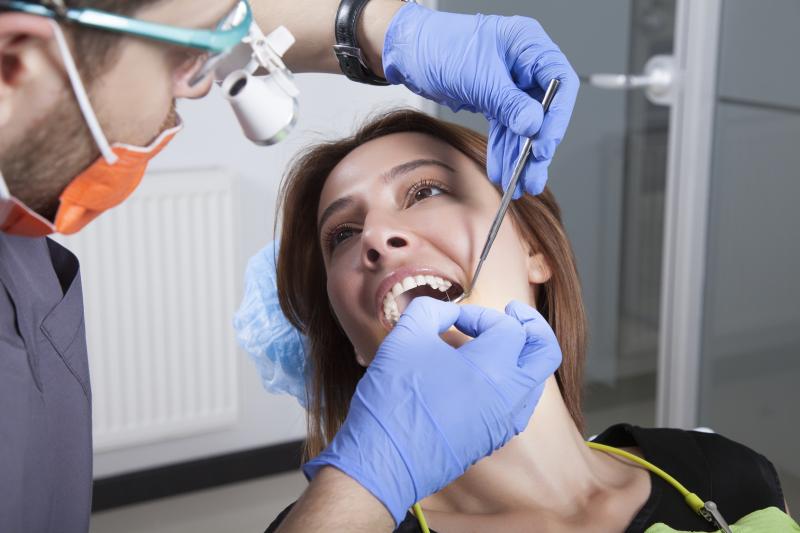 Gradually, dentists have moved to cosmetic dentistry where the big money lies – providing perfect teeth to those without major dental issues.
Gradually, dentists have moved to cosmetic dentistry where the big money lies – providing perfect teeth to those without major dental issues.Substandard oral health-related quality of life (OHRQoL) appears to be common among women living with HIV (WLWH), a recent study has shown.
The study included 1,526 WLWH, whose OHRQoL were assessed using the Oral Health Impact Profile (OHIP-14) instrument. More than a third (37.8 percent; n=576) reported having only “fair or poor” oral health, while 70.9 percent (n=1,079) received annual dental care. The overall mean OHIP-14 score was 5.12±9.21, while the median was 0.
Having unmet dental needs correlated with a higher mean predicted OHIP-14 score, and a lower likelihood of scoring a 0, than not having unmet needs (p<0.001 for both). Moreover, mean predicted OHIP-14 scores were higher for women above 50 years of age (p=0.001), and in those with “poor or fair” oral health (p<0.001) or who utilized dental care less than annually (p=0.007).
Risk behaviours were also associated with elevated OHIP-14 scores: low food security (p<0.001), recent use of stimulant drugs (p<0.001), and former smoking (vs never-smoking: p<0.001). Similarly, depressive (p<0.001) and anxiety (p<0.001) symptoms, as well as loneliness and low social support were associated with higher OHIP-14 scores.
Multivariable linear regression analyses confirmed the interaction of the following variables with OHIP-14 scores: unmet dental needs, older age, poor perception of dental condition, smoking status, anxiety, and loneliness.
“[T]he OHIP-14 questionnaire is worth administering in dental settings as well as HIV clinic settings to identify those with significant oral health impacts. Understanding the bidirectionality between dental impacts, OHRQoL, and other indexes of HIV and general health is worth examining longitudinally,” researchers said.